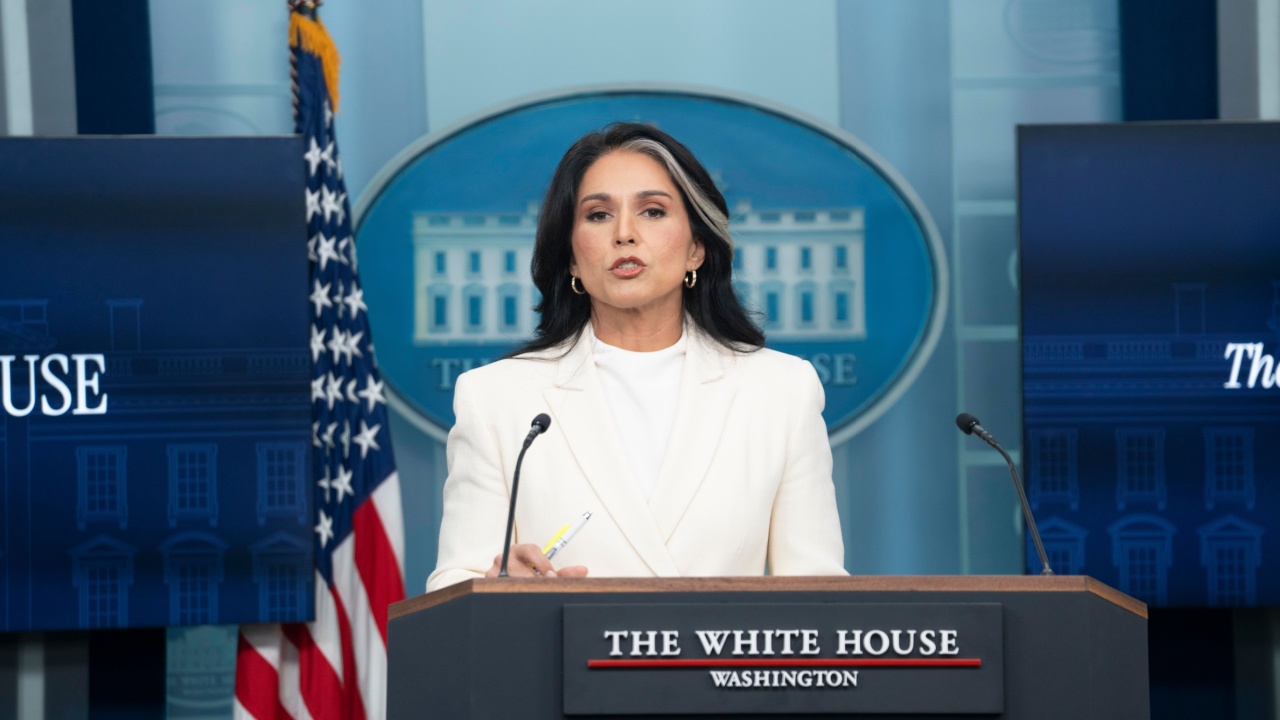The landscape of global threats has fundamentally transformed, yet the American intelligence community, designed for a different era, finds itself increasingly fragmented and ill-equipped to confront the multifaceted and dispersed nature of challenges from strategic rivals like China and Russia. These adversaries are not merely engaging in traditional espionage; they are conducting sophisticated, live-fire experiments against the United States daily, blurring the lines between conventional warfare and covert operations.
Instances of foreign influence operations, illicit funding channels, and state-sponsored cyber proxies are no longer isolated incidents but rather integral components of a deliberate doctrine. Our enemies adeptly blend economic coercion, digital infiltration, and psychological operations to wage what amounts to legal and cognitive warfare. This necessitates a fundamental re-evaluation of our national response, moving beyond superficial adjustments to embrace a foundational shift in how we perceive and counter these persistent aggressions.
A deeply ingrained fear of authoritarian overreach within the American psyche has shaped institutions designed to prevent power concentration rather than facilitate decisive action. This philosophical underpinning, while crucial for our government’s legal infrastructure, now paradoxically undermines national security. The prevailing model, exemplified by calls to separate law enforcement and national security agencies akin to the MI5-MI6 structure, is outmoded when adversaries increasingly leverage criminal groups as proxy actors, effectively merging espionage with illicit activities.
Law enforcement, far from being peripheral, is now central to the contemporary battlespace. Legal warfare, or ‘lawfare,’ encompassing civil suits, regulatory manipulation, and extraterritorial enforcement, has become a potent weapon. Foreign security organs, despite bearing police designations, operate as national security instruments, seamlessly integrating their capabilities. Our failure to grasp this crucial shift, and our continued division of capabilities while our enemies combine theirs, puts us at a distinct disadvantage.
While post-9/11 efforts within the U.S. Intelligence Community, such as the establishment of the Office of the Director of National Intelligence (ODNI) and interagency centers, improved communication and coordination, these measures have proven insufficient. Communication does not equate to control, nor does coordination guarantee effective execution. Currently, no single entity possesses overarching responsibility for the totality of complex geopolitical threats, leading to fragmented efforts where agencies often prioritize their own missions and budgets, creating exploitable gaps for sophisticated adversaries.
Hybrid threats inherently disregard traditional bureaucratic jurisdictions, sprawling across military, law enforcement, intelligence, commercial, and digital domains. Our present model inadvertently fosters fragmentation, whereas the imperative is unity of action driven by unified command. Furthermore, our system remains optimized for risk management rather than a necessary wartime posture. Adversaries perceive this era as a conflict, having meticulously studied our redlines and mastered sub-threshold aggression. Prolonged pretense of peace only cedes further ground.
Addressing these critical failures necessitates a strategic, aggressive reform agenda. This includes establishing Regional Intelligence Commands (RICs) with cross-agency operational control over intelligence, law enforcement, and influence operations to serve as decisive action arms. Building a dynamic national risk map and treating our information environment as strategic infrastructure, along with integrating private intelligence and organizing departments around enduring threat ecosystems, are vital steps. The conflict has commenced, and decisive structural reinvention, rather than marginal improvements, is essential to out-innovate our adversaries and secure the nation’s future.






Leave a Reply